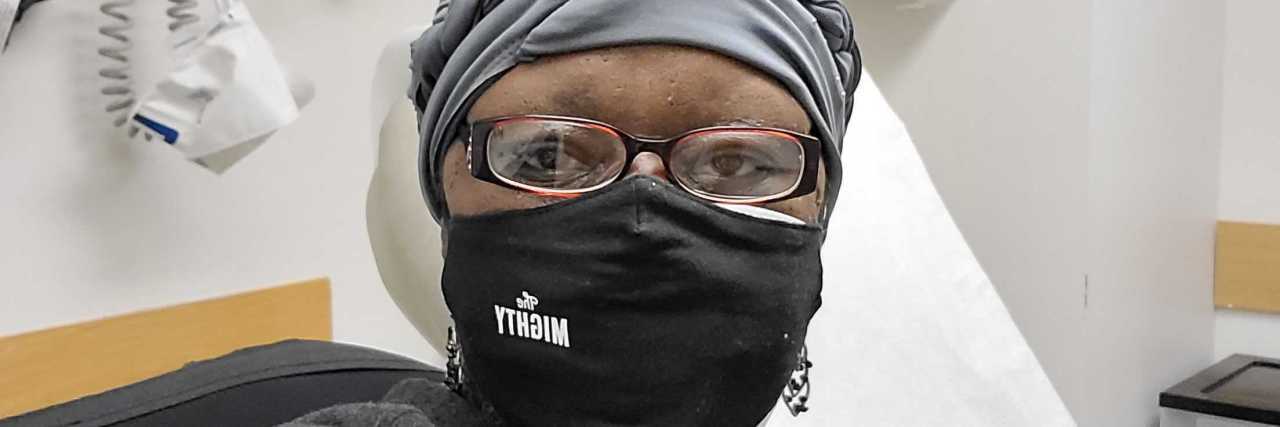It is incredibly frustrating knowing that there is something wrong with your body and not having the answers to ease the uncertainty. I get it. I’ve been there. When I was first diagnosed with Hidradenitis Suppurativa (HS), a chronic skin condition that affects 13 million people in the U.S. alone and deserves more awareness than it receives, I didn’t know what questions to ask or which doctor to ask them. But now, after living twenty-plus years as an HS survivor, I’ve learned a lot, and I’d like to share some of those lessons with you.
Because HS is a skin condition, my first lesson learned is that a dermatologist would be more likely to treat it than another specialist, like a rheumatologist. A PCP may take a swing at it, but if you want the most effective specialist treating this complex condition, I’d still recommend making an appointment with a dermatology specialist. In my case, a PCP was the one who recognized it as HS and then referred me to a dermatologist, but this was only after many years of ping-ponging back and forth between many doctors of many specialties. What can I say? I’m no rookie when it comes to health issues, including HS.
Suppose you are trying to figure out the cause of recurring boils in the most intimate places on your body, such as your armpits, your groin area, buttocks, and for women, under the breasts, that leave hideous scars behind. These boils,nodules that won’t go away and ooze smelly fluid can make you feel hopeless and unworthy of love and happiness. Yeah, I’ve been there. You’ve probably done a ton of research already. It’s what we tend to do when seeking answers.
For me, it was such a relief to put a name on the countless boils, painful nodules under my skin, body odor, and scars. And, yes, like many others, I had to deal with feeling undesirable due to the impact of HS on my body. I wrote about dating with HS here.
Now that you know when it comes to skin issues, it’s most likely a dermatologist to best assess the situation. Here are a few questions to ask when you are diagnosed with HS.
We know that feeling like you can communicate with your doctor on a technical level about your medical condition can be challenging. But those of us who have been on this journey for a while have got your back. The questions I’m going to share with you may not be the average questions you’d ask your doctor of any specialty, and that’s okay because HS is not your average condition.
- How many HS cases are you currently treating?
- Do you have any published peer-reviewed articles I can check out? If so, where can I find them? If not, why not?
- What treatments have you found to be most effective at managing HS? Why do you think that is?
Navigating a new or not-so-new diagnosis can get overwhelming, and I want to help alleviate a small part of that with these questions.. Hopefully, they can also help you build trust and confidence with your doctor, which is key to a good doctor-patient relationship. So, start with these few questions paired with your own research, and don’t be afraid to have an open and honest conversation with your doctor.. We must be our own health advocates. And remember you HAVE knowledge and insight into your experiences, don’t let anyone take that away from you. Here’s a poem to add some encouragement to your day.
Stay Mighty!

